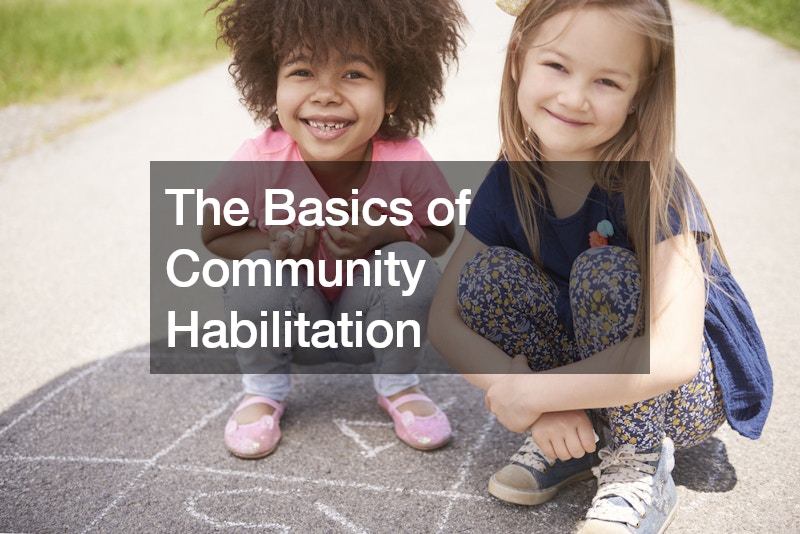Community habilitation is a person-centered service designed to support individuals with disabilities in achieving greater independence and participating more actively in their communities. This service focuses on enhancing daily living skills, fostering social connections, and promoting personal growth to help individuals lead fulfilling lives. A community habilitation program typically begins with a comprehensive assessment of an individual’s strengths, needs, and goals to develop a tailored support plan.
This plan outlines specific objectives and strategies to address areas such as communication skills, household management, and community engagement.
Trained professionals, often referred to as habilitation specialists or coaches, work closely with individuals in various settings, including their homes, workplaces, and community centers, to implement the support plan. They provide hands-on assistance, guidance, and encouragement to help individuals learn and practice essential skills, such as cooking, budgeting, and using public transportation.
In addition to skill development, community habilitation also emphasizes building social connections and fostering meaningful relationships within the community. Habilitation specialists often facilitate opportunities for individuals to participate in social activities, volunteer work, and community events to enhance their social skills, confidence, and sense of belonging.
Regular progress reviews and adjustments to the support plan ensure that the individual’s changing needs and goals are continually addressed, promoting ongoing growth and development. By empowering individuals with disabilities to build essential life skills and engage more actively in their communities, community habilitation plays a vital role in enhancing their overall quality of life and independence.





